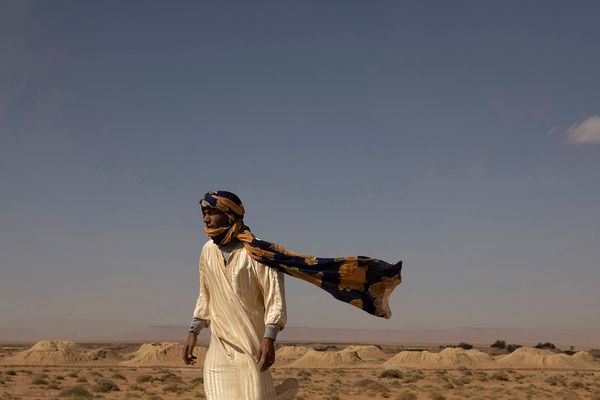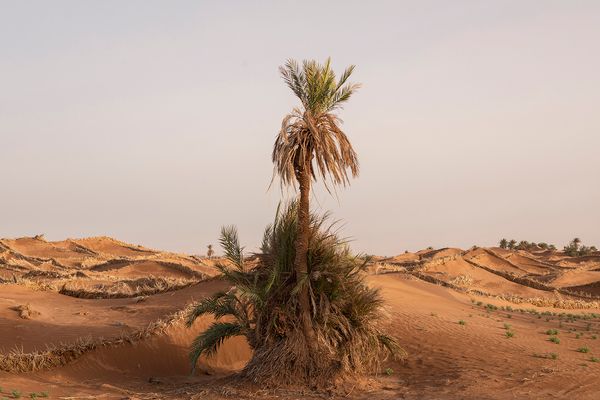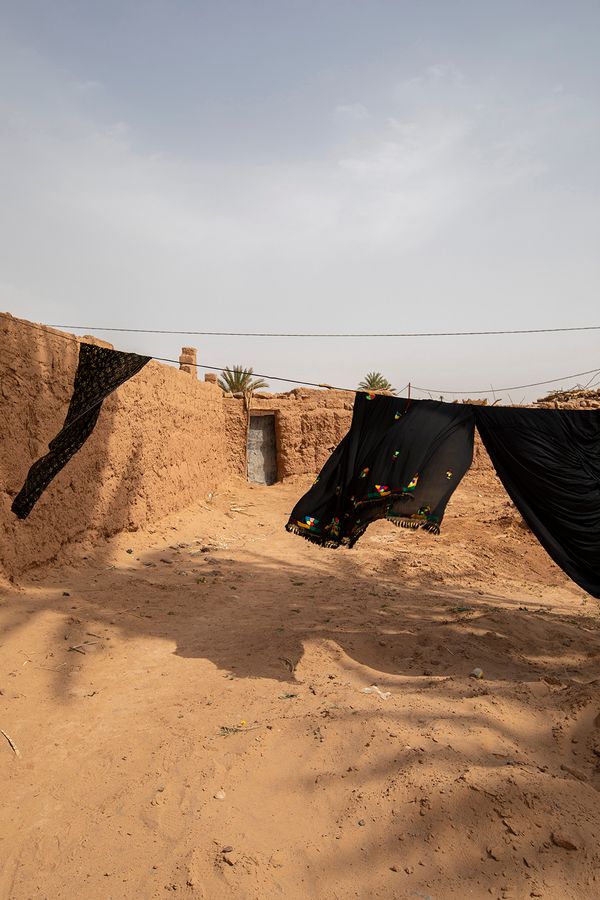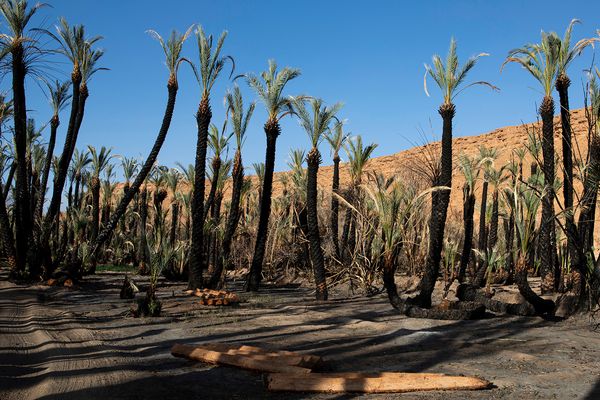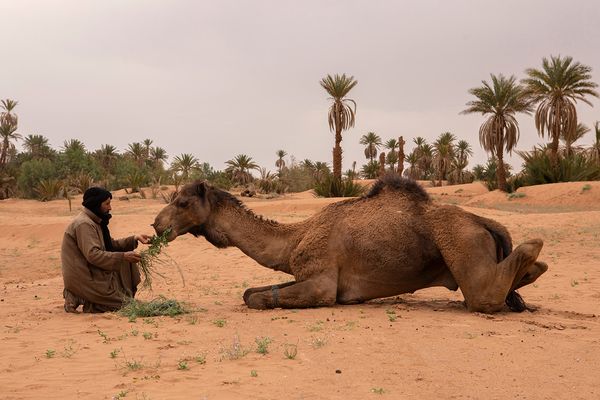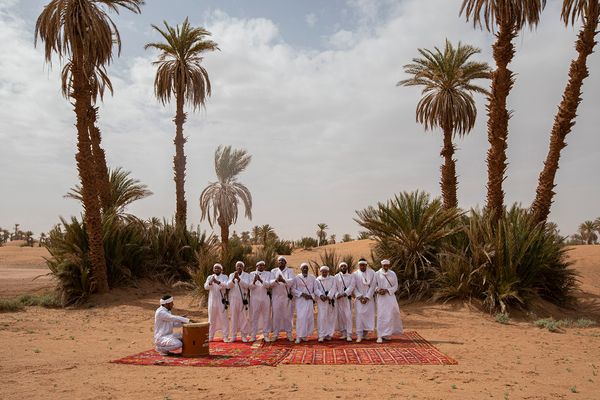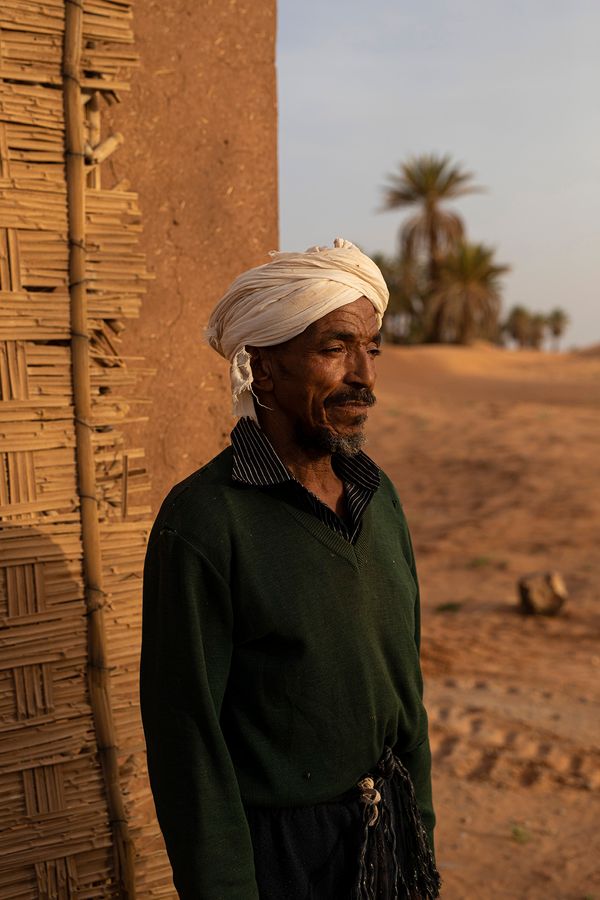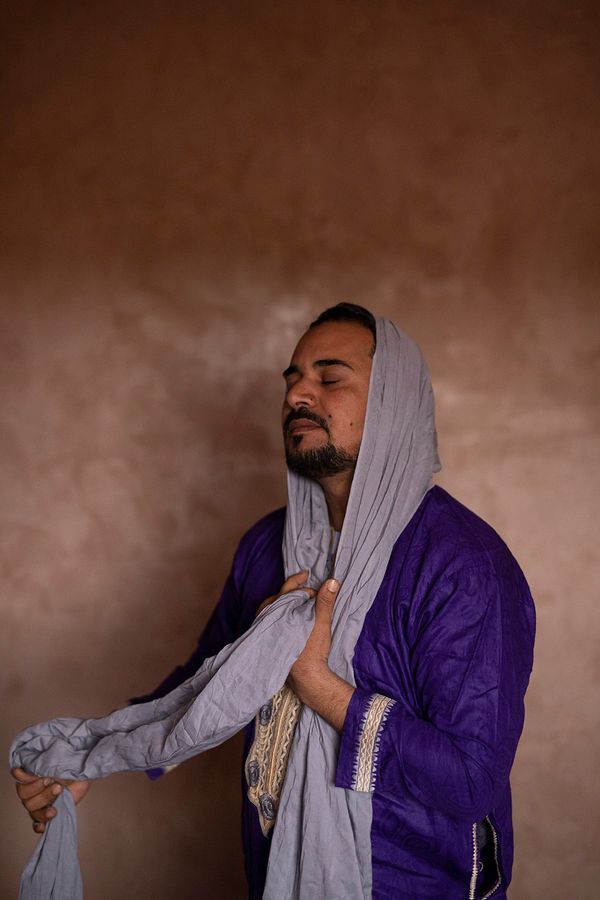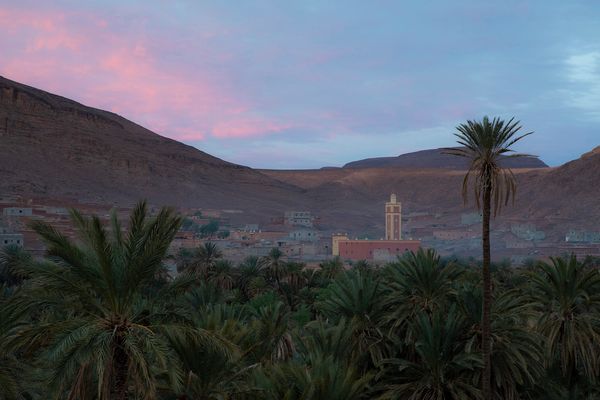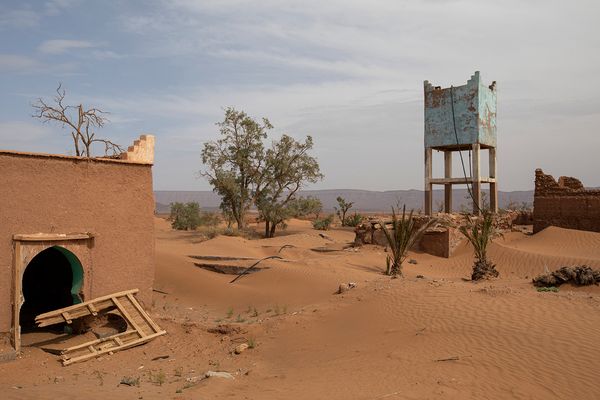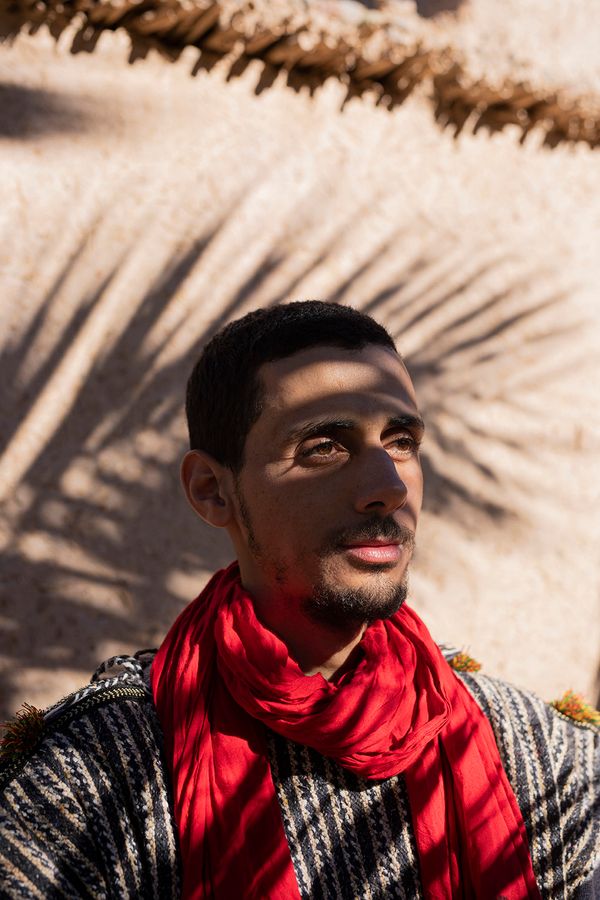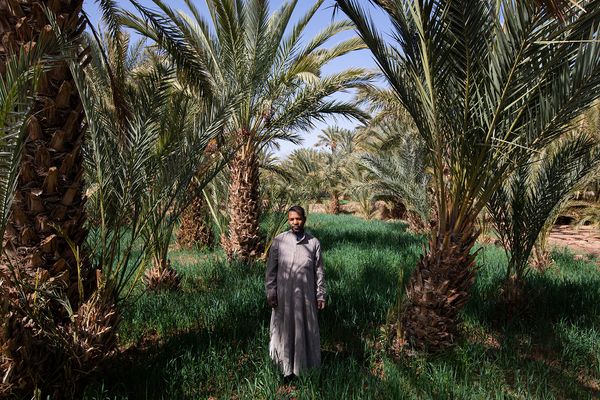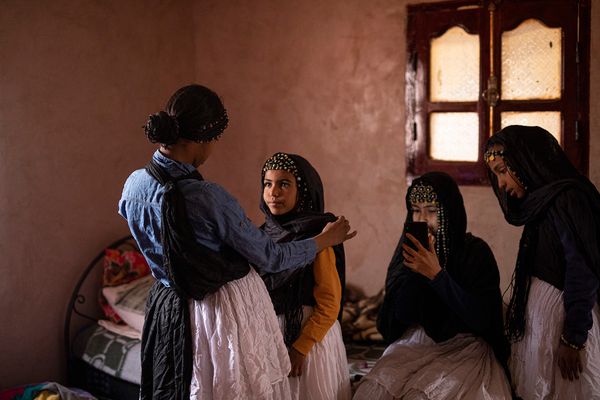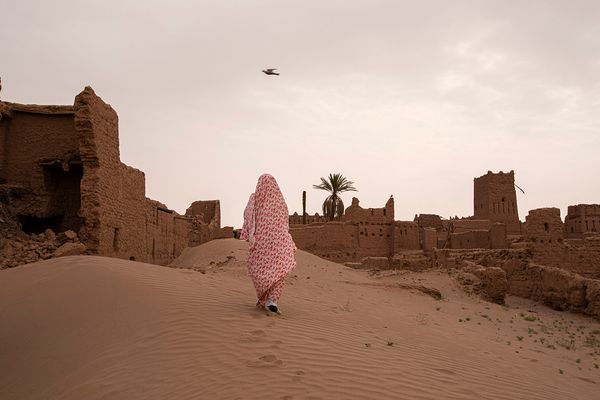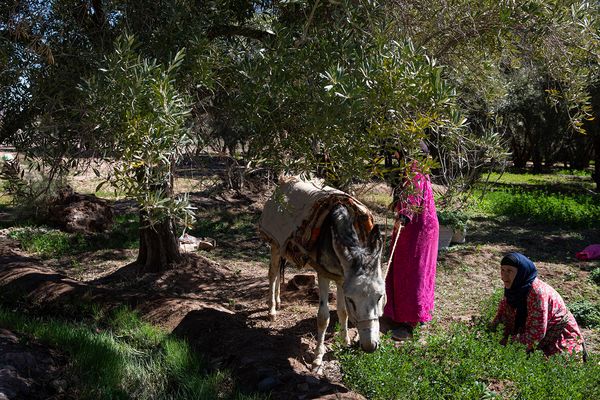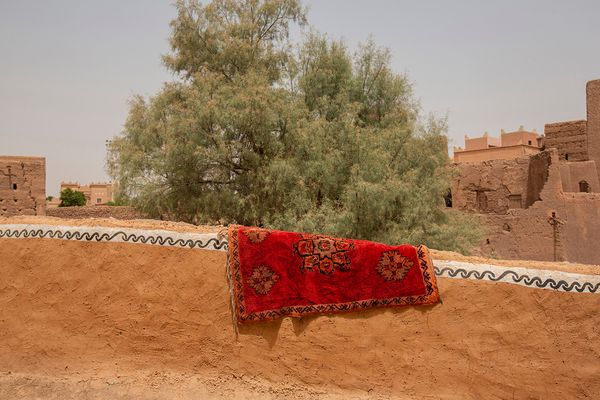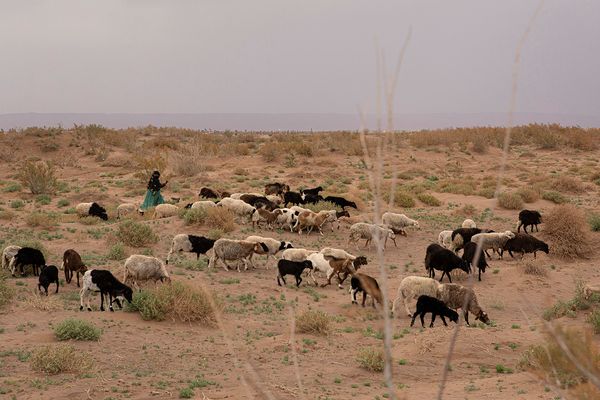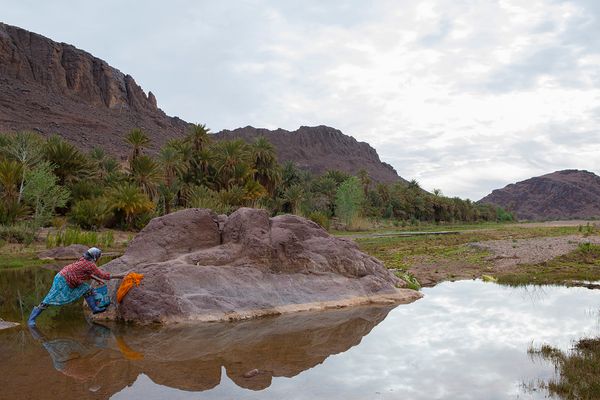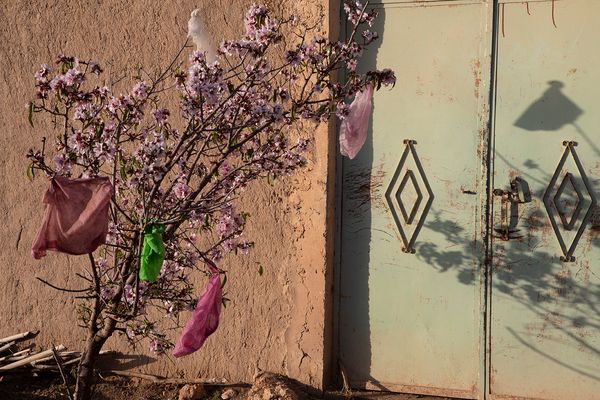Heaven Can't Wait
-
Dates2016 - Ongoing
-
Author
In 2016 I travelled to the coasts of West Africa, where sea level rise and coastal erosion caused by climate change were wiping away entire villages. I spent weeks documenting the lives of indigenous fishing communities trying to save their houses from the raging waters. (Ocean Rage was submitted to the PhMuseum Award in 2016)
Their recounts were harrowing but also full of understanding and respect for the ocean, with which they felt an ancestral and instinctive connection. Local fishermen had managed to keep their activities sustainable for generations while preserving nature’s delicate balance.
I had gone to West Africa to witness the destruction of a land. Once there, I realised how deeply global warming was also impacting the cultural heritage of those communities and how much the world would lose if they were to disappear.
Indigenous communities are not just unfortunate victims of climate change. Thanks to their intimate relationship with nature and their deep knowledge of its rules and rhythms, they hold the answers to many of the pressing issues we face nowadays - from sustainable development to climate adaptation - and could provide an invaluable contribution to preserving the planet.
This belief motivated me to start a long-term project on indigenous communities at the forefront of the climate emergency. In the past years I visited Sikkim, the only country in the world where agriculture is entirely organic and farmers help preserve the soil and increase biodiversity by using only natural inputs; and the nomad herders of Mongolia, who are reviving ancient grazing habits to protect pastures from global warming-induced droughts.
“Heaven Can’t Wait” - my submission to the 2022 Women Photographers Grant - is the latest chapter in this series. In Morocco, two-thirds of the oases have already disappeared, wiped away by the advancing Sahara and the destruction of their ecosystem. Yet, for millennia oases have been one of the most efficient barriers against desertification, thriving in an inhospitable environment by using minimal resources to their full potential. From farming to architecture and water management, the oasis civilisation is a trove of techniques for protecting nature and adjusting to extreme weather patterns that could be learnt and applied worldwide.
The Grant would allow me to fund the next chapter of my project on how Maya ancestral teachings and traditions can stem the effects of climate change in Central America, with the long-term goal of collecting enough body of work for a book publication.
